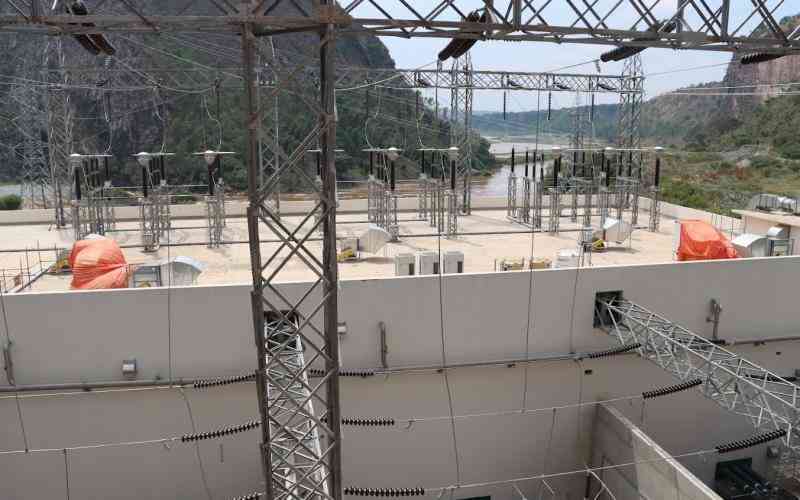×
The Standard e-Paper
Home To Bold Columnists

Transboundary multibillion-dollar hydropower projects have emerged as a catalyst for regional integration, creating opportunities for collaboration and shared benefits between neighbouring nations.
The experiences of the Angololo and Rusumo projects highlight both the complexities involved and the potential for transformative change.